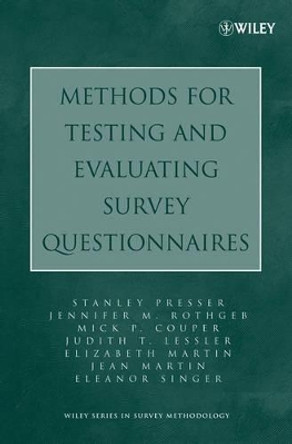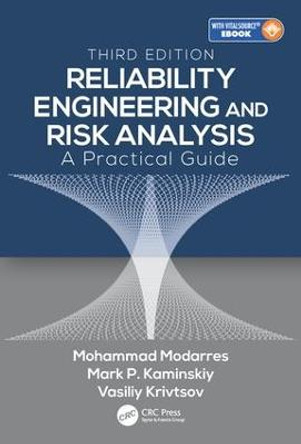Description
In recent years, the idea of emergence, which suggests that observed patterns in behavior and events are not fully reductive and stem from complex lower-level interactions, has begun to take hold in the social sciences. Criminologists have started to use this framework to improve our general understanding of the etiology of crime and criminal behavior. When Crime Appears: The Role of Emergence is concerned with our ability to make sense of the complex underpinnings of the end-stage patterns and events that we see in studying crime and offers an early narrative on the concept of emergence as it pertains to criminological research. Collectively, the chapters in this volume provide a sense of why the emergence framework could be useful, outlines its core conceptual properties, provides some examples of its potential application, and presents some discussion of methodological and analytic issues related to its adoption.
About the Author
Jean Marie McGloin is an Associate Professor in the Department of Criminology and Criminal Justice at the University of Maryland. She received her Ph.D. from the School of Criminal Justice at Rutgers University-Newark in 2004. Her research primarily focuses on groups and crime and offending specialization. Her recent publications have appeared in Criminology, the Journal of Research in Crime and Delinquency, and the Journal of Quantitative Criminology.
Christopher J. Sullivan is an Assistant Professor in the School of Criminal Justice at the University of Cincinnati. He received a doctorate from Rutgers University's School of Criminal Justice in 2005. His research interests include developmental criminology; juvenile delinquency and prevention policy; and research methodology and analytic methods. His recent work has appeared in Criminology, Prevention Science, Journal of Research in Crime and Delinquency, Journal of Youth and Adolescence, Journal of Quantitative Criminology, and Criminal Justice and Behavior.
Leslie W. Kennedy is University Professor of Criminal Justice at Rutgers University -Newark. He is also the Director of the Rutgers Center on Public Security. Dr. Kennedy's current research in public security builds upon his previous research in event analysis and understanding the social contexts in which hazards to society are identified and deterred.
Reviews
"This book is an extremely welcome and useful effort to move criminology off its baroque methods testing moribund theories. It contains a diverse group of notably innovative authors who clearly demonstrate the range of applications emergent thinking can influence. Anyone who is a serious scholar of crime should read it."-John Eck, Criminal Justice, University of Cincinnati
"It is vital to explain both the development of potential offenders and the occurrence of criminal events, and how individuals and environments interact to produce crimes. This book bravely addresses these fundamental issues with a new "emergence" theory. and it should be required reading for anyone who is interested in criminological theories."-David Farrington, Criminology, Cambridge University
"This edited volume, geared to crime and criminology scholars, provides an orienting overview of and an invitation to the emergence perspective. Chapters highlight ways the framework builds upon but also extends interactionist, situational and transactional frameworks. The work provides a valuable alternative to current person-based and place-based crime meta-models."-Ralph B. Taylor, Criminal Justice, Temple University
"When Crime Appears is an important book that pushes criminologists to look deeper into the causal patterns underlying crime and criminality."-David L. Weisburd, Criminology, Law and Society, George Mason University
"This book is an extremely welcome and useful effort to move criminology off its baroque methods testing moribund theories. It contains a diverse group of notably innovative authors who clearly demonstrate the range of applications emergent thinking can influence. Anyone who is a serious scholar of crime should read it."-John Eck, Criminal Justice, University of Cincinnati
"It is vital to explain both the development of potential offenders and the occurrence of criminal events, and how individuals and environments interact to produce crimes. This book bravely addresses these fundamental issues with a new "emergence" theory. and it should be required reading for anyone who is interested in criminological theories."-David Farrington, Criminology, Cambridge University
"This edited volume, geared to crime and criminology scholars, provides an orienting overview of and an invitation to the emergence perspective. Chapters highlight ways the framework builds upon but also extends interactionist, situational and transactional frameworks. The work provides a valuable alternative to current person-based and place-based crime meta-models."-Ralph B. Taylor, Criminal Justice, Temple University
"When Crime Appears is an important book that pushes criminologists to look deeper into the causal patterns underlying crime and criminality."-David L. Weisburd, Criminology, Law and Society, George Mason University
Book Information
ISBN 9780415883054
Author Jean McGloin
Format Paperback
Page Count 250
Imprint Routledge
Publisher Taylor & Francis Ltd
Weight(grams) 362g









